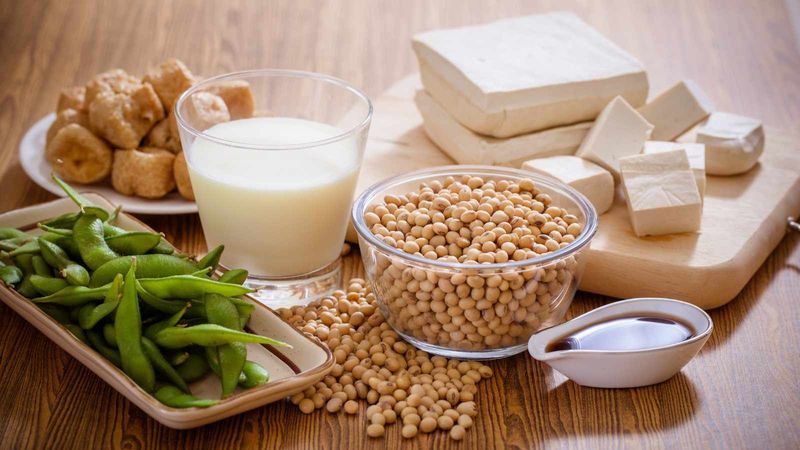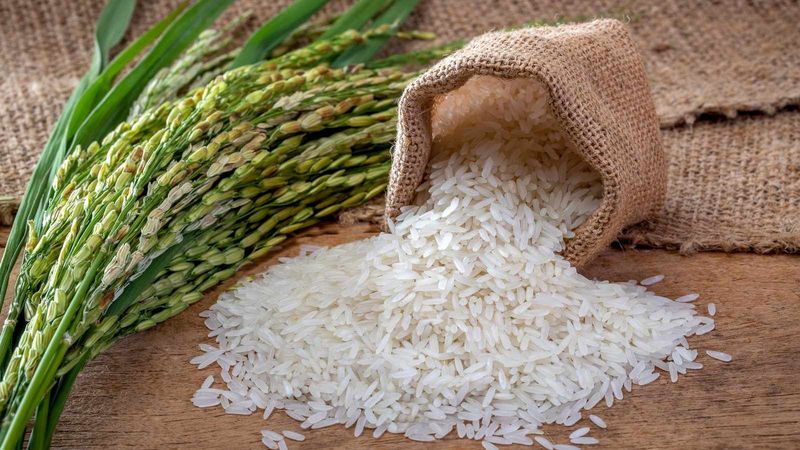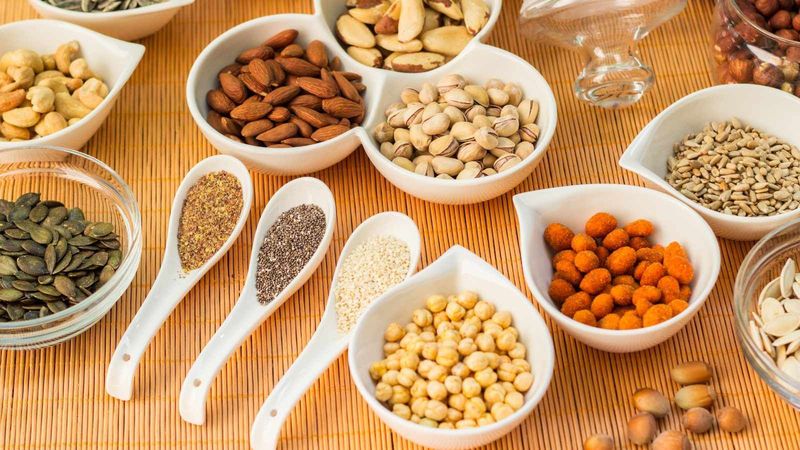10 Foods That Can Increase Your Risk of Nutrient Deficiencies
It’s essential to be aware that not all foods are created equal, especially regarding their nutritional value. Some foods, despite being popular or even seemingly healthy, can surprisingly lead to nutrient deficiencies if consumed excessively. This post reveals ten foods that can increase your risk of nutrient deficiencies and how to balance them in your diet for optimal health.
Spinach

Spinach is a nutrient-dense leafy green that provides various vitamins and minerals. However, it also contains oxalates, which can bind to calcium and prevent its absorption in the body. Even though spinach has high calcium levels, your body may not be able to absorb it effectively if eaten in large quantities.
Coffee

Coffee is a popular beverage that provides antioxidants and caffeine. However, excessive coffee consumption can interfere with iron absorption in the body. Caffeine reduces the amount of iron your body can absorb from plant-based sources, increasing the risk of iron deficiency anemia.
Bread

Bread is a staple food in many cultures but may contribute to nutrient deficiencies. Making bread involves removing the bran and germ layers from whole grains, which results in the loss of essential nutrients like fiber, B vitamins, and minerals. Additionally, highly processed white bread can have added sugar and unhealthy fats, reducing its nutritional value.
Salt

Salt is essential, but high salt intake can deplete your body with other minerals like potassium and calcium. The body also needs these minerals to regulate blood pressure and bone health. Too much salt can increase your risk of nutrient deficiencies in these vital minerals.
Pasta

Pasta is a popular comfort food containing carbohydrates, protein, and minerals. Refined pasta made from white flour has minimal nutritional value since it lacks the bran and germ layers in whole-grain pasta. Additionally, consuming too much refined pasta can lead to an inadequate intake of other nutritious foods.
Soy Products

Soy products are rich in protein, fiber, and minerals like calcium and iron and contain goitrogens that can interfere with iodine absorption. Iodine is essential for thyroid function, and a deficiency can lead to hypothyroidism. Cooking soy products can help reduce the levels of goitrogens, making it easier for your body to absorb iodine.
Rice

Rice is a staple food in many cultures and contains beneficial nutrients like carbohydrates, proteins, and minerals. Daily consumption of white rice can lead to deficiencies in essential vitamins like thiamine, niacin, and iron. These nutrients are removed during the processing of white rice.
Nuts and Seeds

Nuts and seeds are well-known for their abundant health benefits, including high heart-healthy fats, protein, and fiber levels. They are also packed with phytic acid, a substance known to reduce the absorption of vital minerals like calcium, iron, and zinc in the body. Excessive consumption of nuts and seeds without proper preparation could lead to mineral deficiencies.
Processed Foods

Convenience and accessibility make processed foods tempting, but they often lose vital nutrients during processing. They contain sodium, sugar, and unhealthy fats and hinder the body’s absorption of essential vitamins and minerals. To avert nutrient deficiencies, prioritize a balanced diet rich in whole, unprocessed foods.
Alcohol

Excessive alcohol consumption can affect health, including nutrient deficiencies. When alcohol is consumed, it can interfere with the liver’s ability to store and release vital vitamins and minerals, ultimately resulting in deficiencies over time. Maintaining a healthy balance of nutrients in the body requires moderation in alcohol consumption.